Over the course of hundreds of conversations about relationships, Iona Lawrence identified a shared challenge around measurement: We don’t know how to measure relationships or whether the game of measurement is futile.
In this blog, we seek to kickstart a generative conversation around the question of how we capture the added value of a relationship-centred approach, and whether this is a useful pursuit. We’d love to hear your experiences, challenges and ideas.

We are collectively in a place where the question of how best to measure or value relationships is deeply contested. For some people measurement is the most important shared challenge anyone interested in relationships has: if we can get better at consistently measuring the impact of relationships we might be able to nudge the skeptics away from believing that relationships are ‘fluffy’ or a nice extra.
Yet for others the act of measuring the value of relationships on terms set by funders or commissioners can threaten the very essence of them.
Wherever you are, a huge amount of energy is poured into the question of how we articulate the value of relationships, and this is threatening our resolve.
Let’s open up the question of how we measure relationships and see whether, together, we can make some progress.
What?
What are we trying to measure or assess when it comes to relationships? Why? What and who are we doing this for?
1. Relationships themselves: sometimes, we might want to measure relationships themselves, whether individual relationships or networks of relationships. We may seek to understand where they are strong, where they are weak, where they are missing. Doing so will help us to see where our relationships need a little nurturing, and where bridges need to be built.
2. The added value of relationships: we might want to measure the outcomes of good relationships or relationship-centred ways of working. Doing so would help us to demonstrate the things good relationships enable us to achieve (better health, greater happiness, higher grades etc) and prove the value of relational work to skeptics and non-believers.
3. Relational practice: at other times, we might wish to look inwards at our practice to assess the extent to which our methods, culture, values and approach enable good relationships to thrive. Doing so would help us improve our relational practice.
What are you seeking to measure when it comes to relationships? Why? Who is the assessment for and what do you hope it will achieve?
How?
How should we go about trying to measure relationships? What are the risks and challenges? What approaches work best or have potential? Where can we look to for inspiration?
Too many commissioning contracts require the completion of impact surveys which, in their deficit-based questioning, can strip people of their agency rather than recognise the power in people’s stories. Too many loneliness measures are academic, remote and cold. Many of these tools perpetuate division and isolation, rather than measure it, much less solve it.
How do you approach measurement and evaluation? Which methods seem to work well and which don’t?
To what end?
How do we then bring what we find and learn about the value of working in relational way together to tell a compelling story and convince others that this is the road we must all travel?
One critical task is not simply to commission new evidence to fill the gaps, but to pull the evidence together better. There’s a job to be done to distill existing evidence sets and disseminate knowledge that emerges in a more coherent and confident way
To strengthen our case we need to double down on the ‘so what’ of relationships. We must surface the evidence of the longer term impact of good relationships. What do good relationships mean and achieve in the long run?
What difference do strong and meaningful relationships make in your organisation or community? What do they enable you to achieve which would’t otherwise be achieved?
Join us
On Tuesday 8th June we’ll be exploring these questions in an open conversation. Together we’ll:
- Share what we’re trying to measure when it comes to relationships
- Explore the challenges and key considerations of measuring relationships
- Share ideas and approaches to doing so in a sensitive, human-centred way
We’d love it if you’d join us.
Read more
Exploring what it means to be a relational council
In December, we gathered to discuss what it means to be a relational council, the challenges in putting relationships at the heart of how council’s operate, and the pathways forward. Here, we draw out the key themes and questions from the discussion and invite you to...
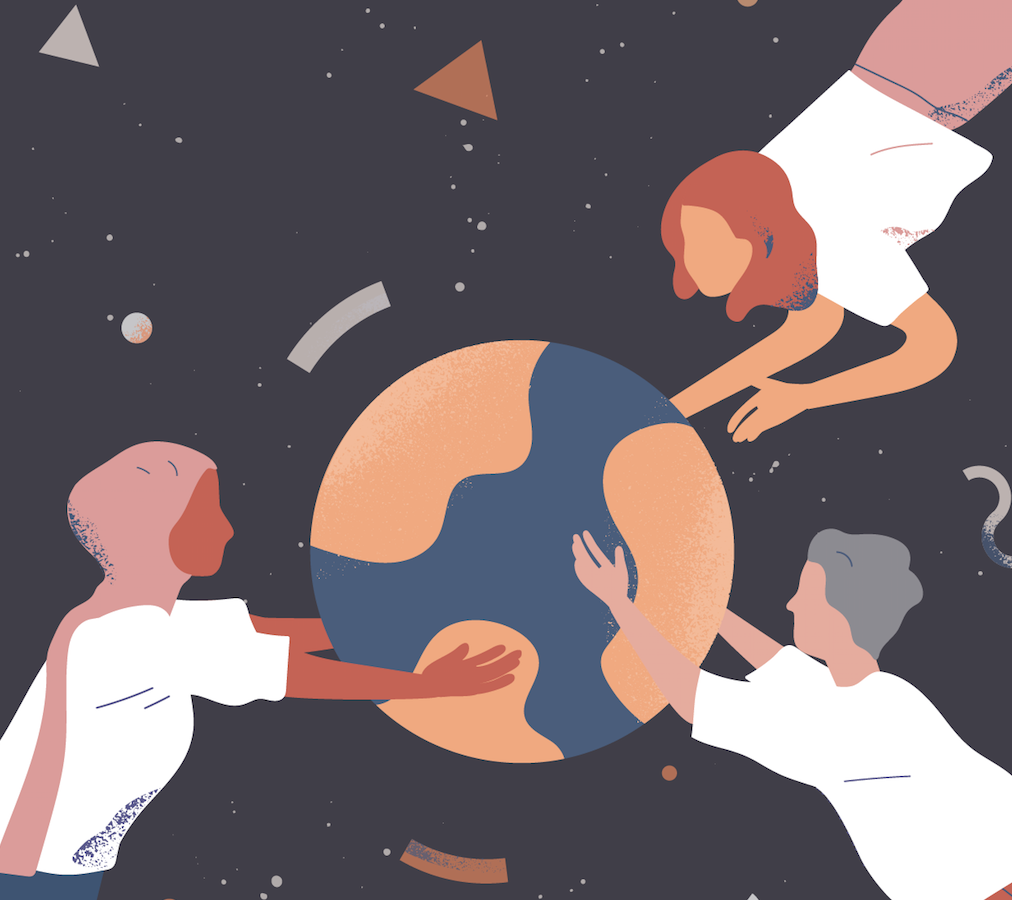
Togetherness
In brief In this, our last blog of 2021, we look back on another year of disruption and pain and remind ourselves of the patches of light and the power of relationships in helping us to heal. It has taken a long time to get here, but I do have more than one person I...
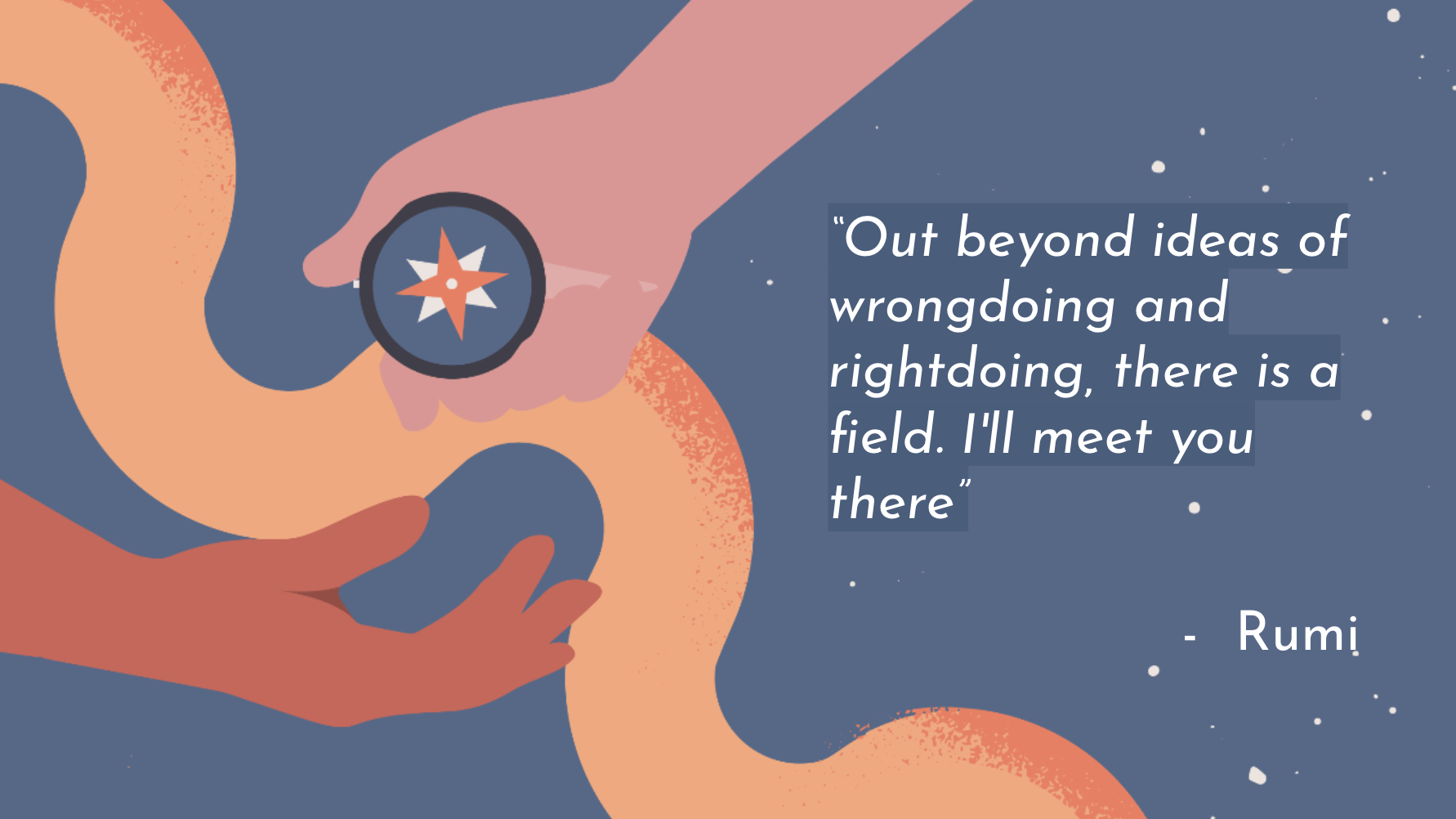
Tending to the relationships that make us feel most alive
In brief In this blog, Oli Barrett shares his personal reflections on relationships that have gone untended as we did what we needed to to get through the dark days of the pandemic. And he reminds us that it's not too late to reconnect with those who make us feel most...
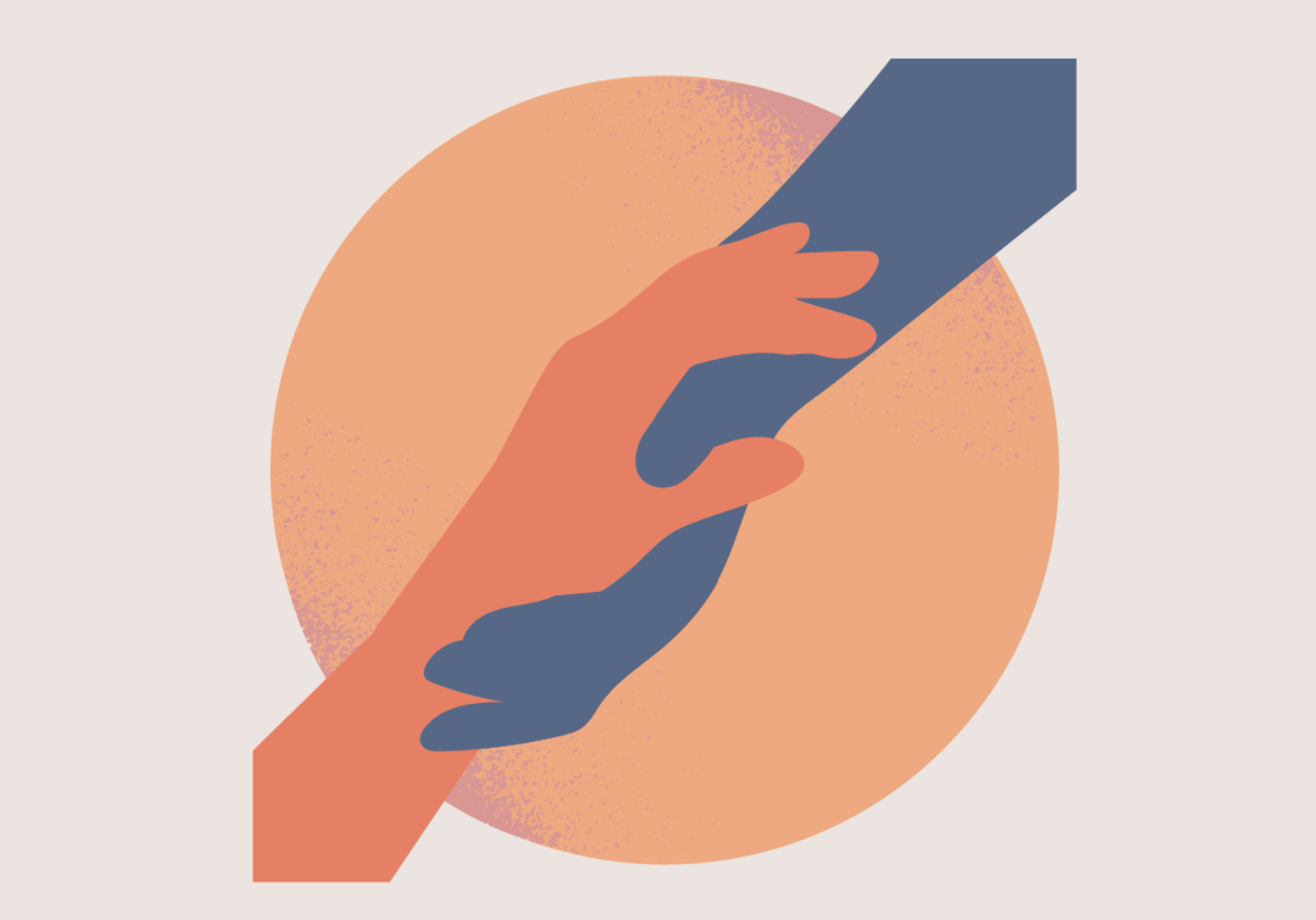
Sustaining and evolving the best of Mutual Aid
In brief In this blog, David explores the possibilities for Mutual Aid 2.0 and shares our plans for a peer sharing group for anyone interested in the question of how we nurture and sustain community activity into the future. A year ago, You Gov research, undertaken...
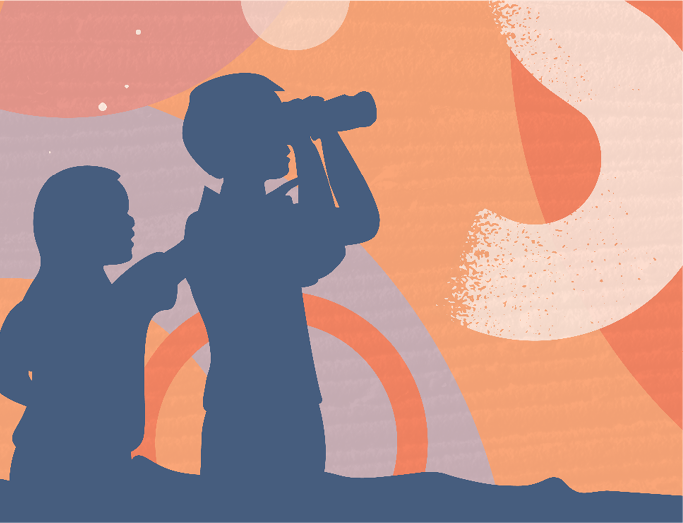
Lookout Sighting #3: Well connected or connecting well?
The Lookout is a space for understanding how life has changed for young people during Covid. During recent Lookout discussions, the double-edged nature of digital connection has come up frequently. In this Sighting, we explore the complex effect of digital technology...
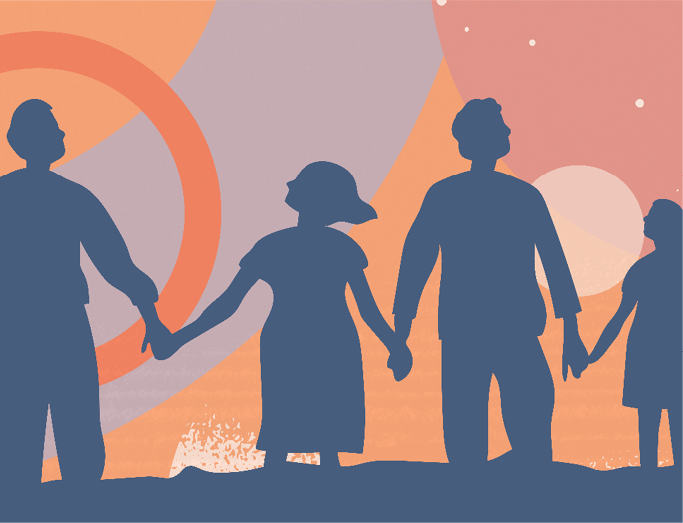
Lookout Sighting #2: Lost rituals and new routines
The Lookout is a space for understanding how life has changed for young people during Covid. We're primarily hearing from young people directly but recently hosted a discussion with parents and professionals working with young people. This Sighting shares a key theme...
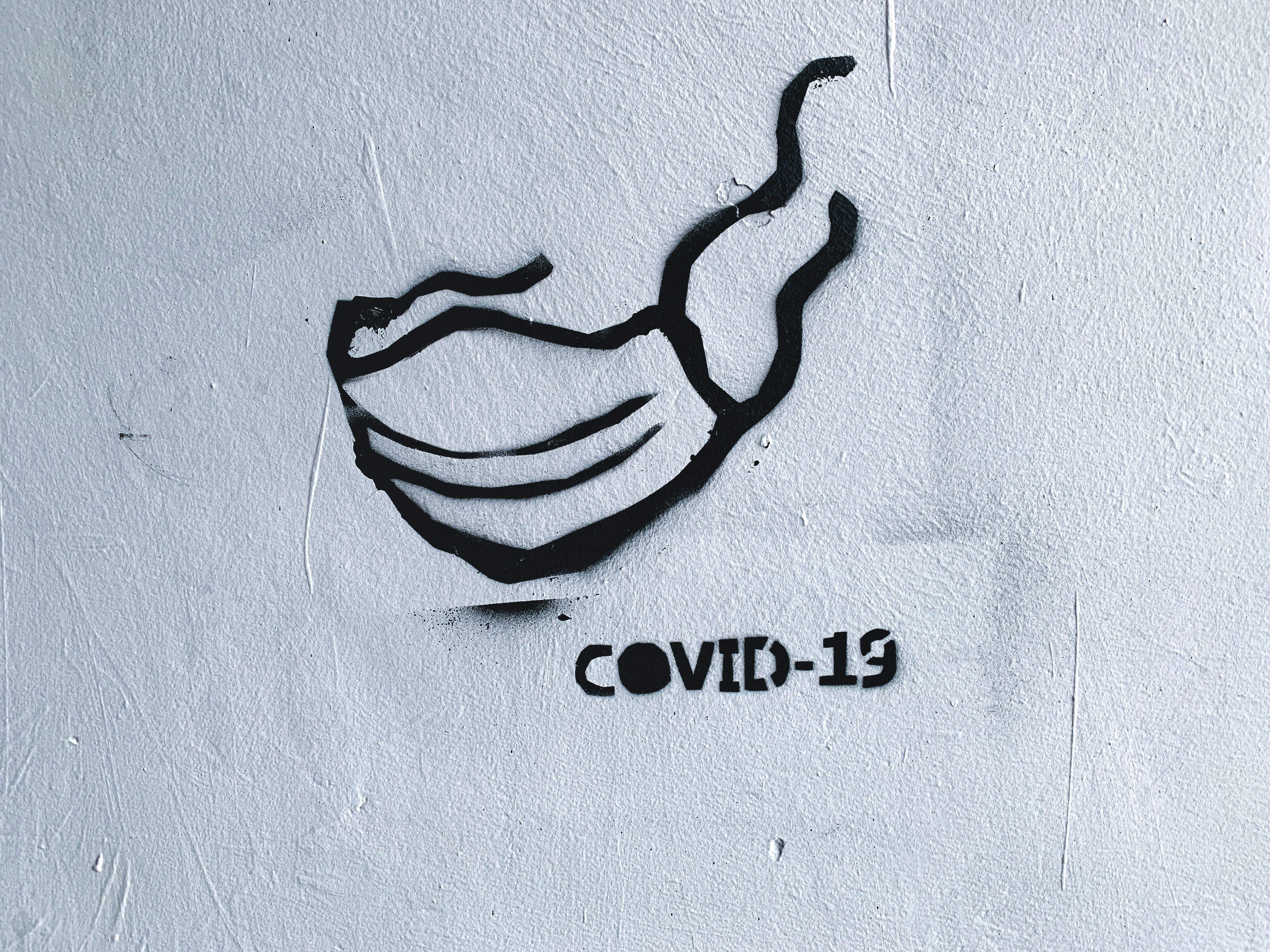
Is that it?
In brief In this blog, we explore the long tail damage of the pandemic and oscillating community activity, and we ask for your thoughts on the best role that we can play here at The Relationships Project. On 10/11, we're convening a conversation to explore how best to...
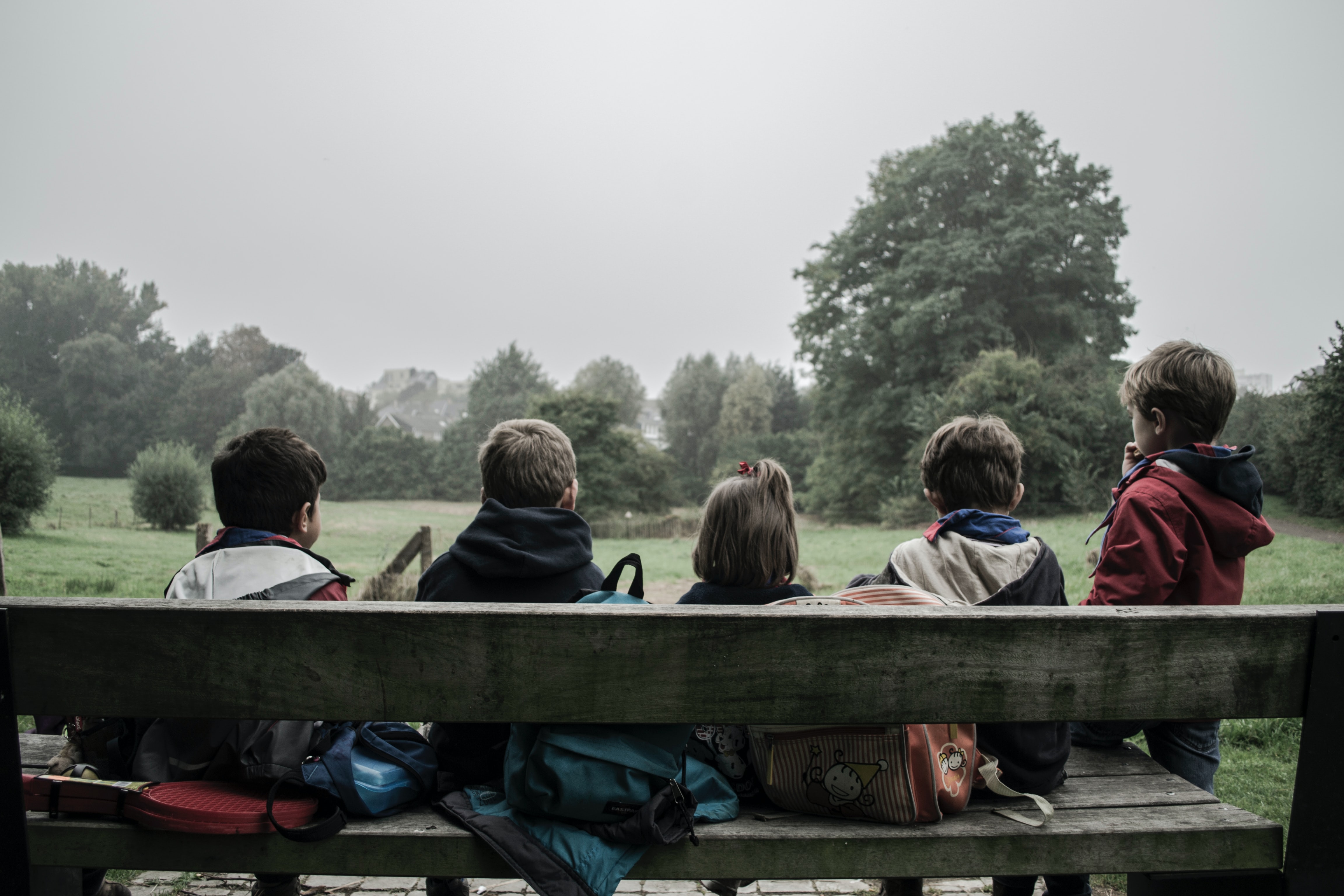
The ‘miracle’ of NEWPIN
In Lockdown and Deep Tissue Damage Sam wrote about the challenges that will remain when the worst of the pandemic is over. Relationships within families, particularly in families that were already struggling pre Covid, is an area of particular concern. Here...
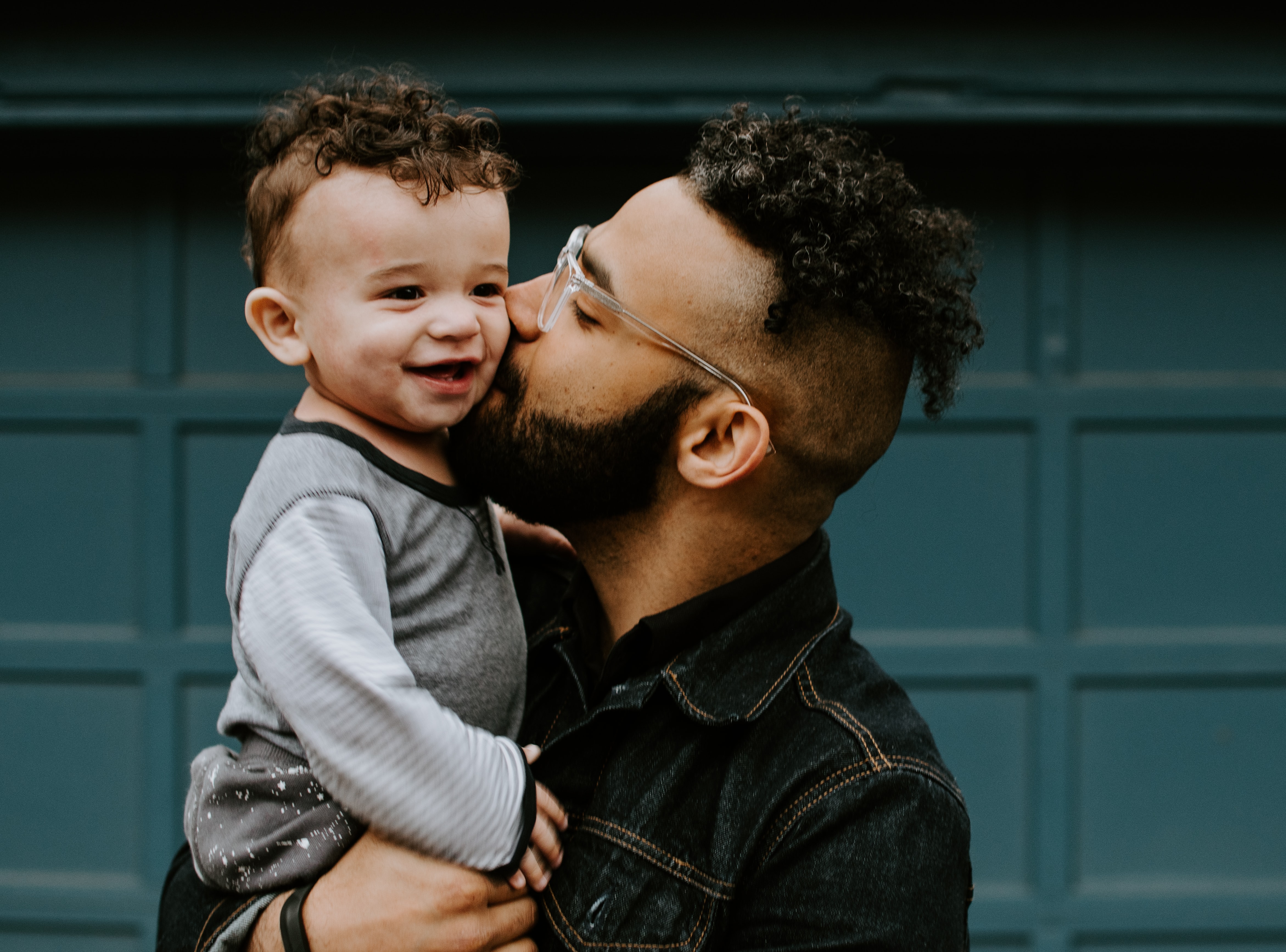
Observatory Sighting 14: Lockdown and deep-tissue damage
In this Observatory Sighting, we explore acute, long-term and easily overlooked 'deep-tissue' damage resulting from relationship upheaval during lockdown and enforced separation. As we move towards the Out Turn, we must recognise and repair this damage. We recently...
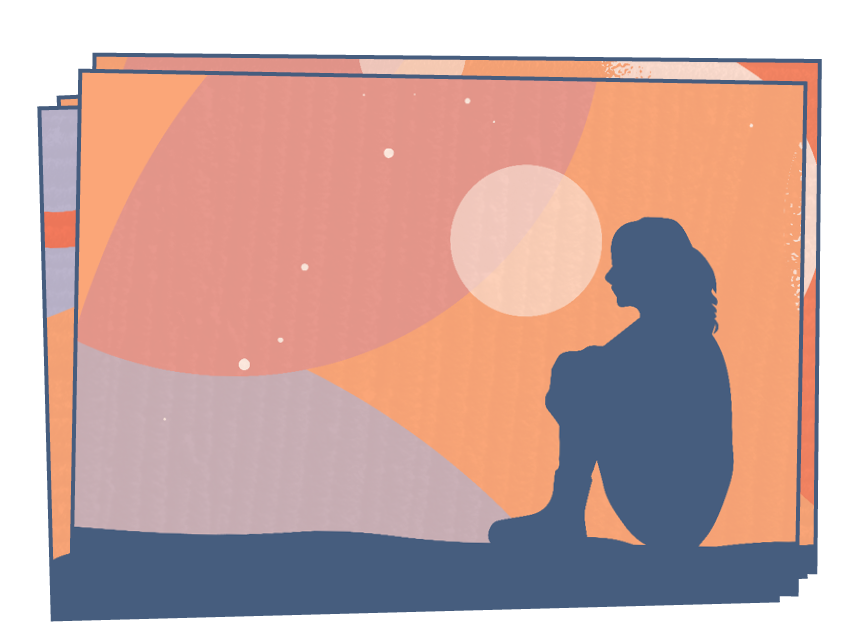
Lookout Sighting #1: School, stress and a summer of catch-up
Over the past 18 months, we’ve been hearing about adults’ experiences of lockdown through The Relationships Observatory. Now, in partnership with Summer of Play, we’re hearing from children and young people about how the past year and a half has been for them, and...
